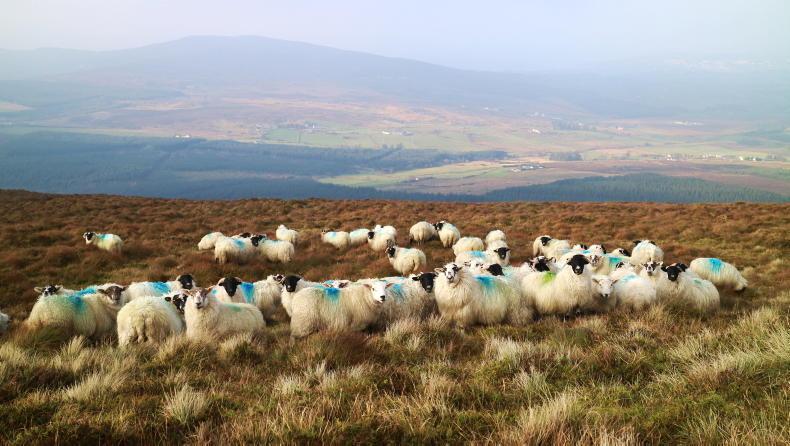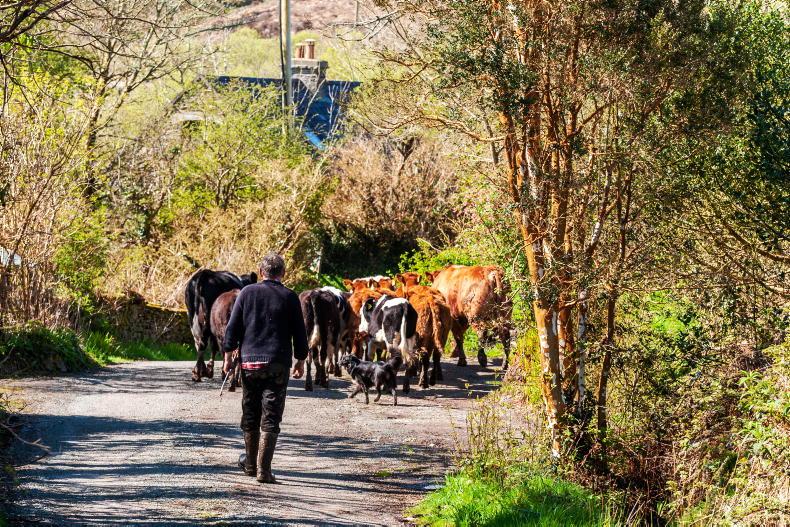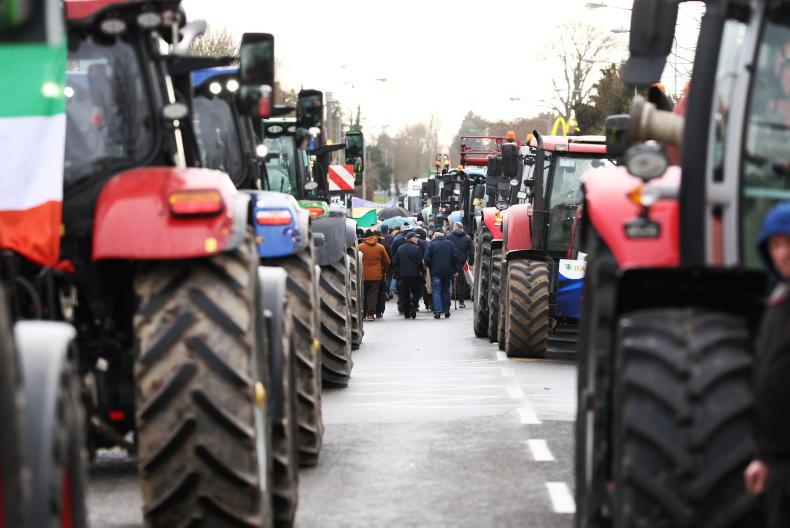The IFA has proposed making farm payments conditional on meeting a minimum economic output per hectare in the next CAP.
A genuine farmer definition will have to be set out by each member state and the IFA wants to see a sales or output per hectare figure used. It has not put forward a concrete euro per hectare as of yet.
There would be a lower rate for areas designated as disadvantaged under the Areas of Natural Constraint (ANC) scheme.
Reforms to the entitlement leasing system have been proposed as well to limit the long-term leasing of payments.
Any money saved through a tighter genuine farmer definition and a halt of payments to “armchair farmers” would be given back to active farmers, under the IFA’s proposals.
The IFA this week set out its position on CAP reform as negotiations enter a critical stage.
Concerns are growing around the negative impact eco-schemes may have on farmers’ direct payments
Along with a genuine farmer definition, the IFA has put forward positions on convergence, eco-schemes and carbon tax.
The IFA has called for the original convergence proposal of 75% to be “robustly defended” against a push from some quarters for full flattening.
Concerns are growing around the negative impact eco-schemes may have on farmers’ direct payments.
The IFA has called for the portion of funds going to eco-schemes to be minimised with between 20% and 30% of direct payments likely to be set aside for environmental and climate measures.
These new rules will cover the protection of peatlands, imposition of buffer strips and a minimum amount of land assigned to non-productive areas
At a minimum, the IFA says farmers should be able to get back what they put in with additional incentivising payments favoured.
There are plans to tighten cross-compliance and introduce new Good Agricultural and Environmental Conditions (GAECs).
These new rules will cover the protection of peatlands, imposition of buffer strips and a minimum amount of land assigned to non-productive areas.
The IFA is calling for the Irish Government to have maximum flexibility in applying these new conditions to ensure their impact on farmers and their farm businesses is minimised.









SHARING OPTIONS